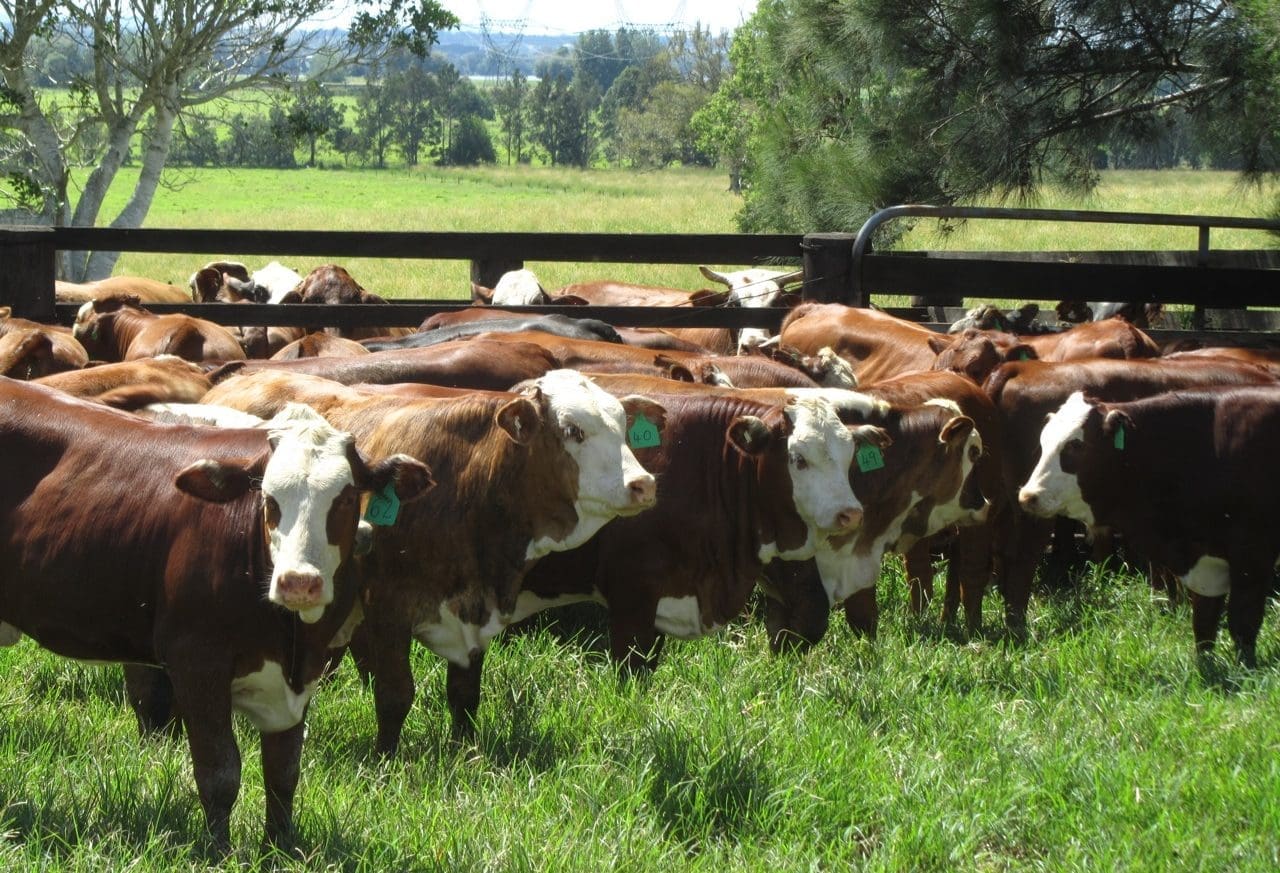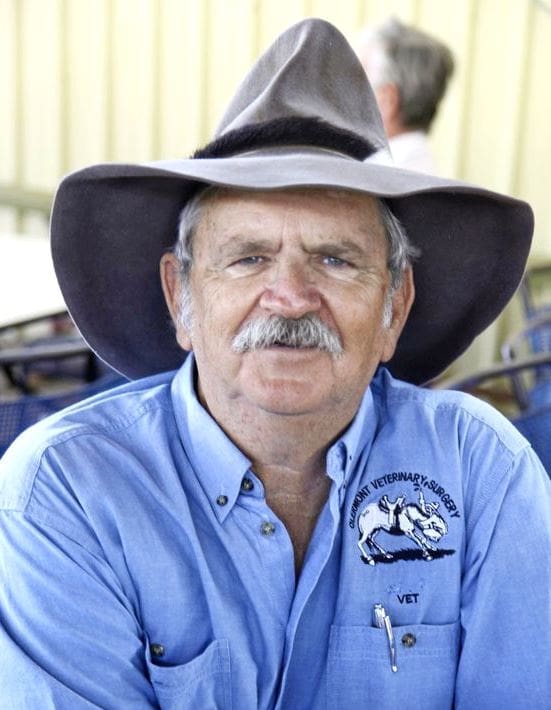THE combination of exceptionally wet weather heading towards summer and continued high cattle prices has aroused some producer concern recently about supply and availability of vaccine to protect against Bovine Ephemeral Fever.
Several producers contacted Beef Central last week suggesting that local supplies of vaccine for BEF (also called Three-Day Sickness) may be tight, or not available at all in some locations.
 Our inquiries to the manufacturer on Friday suggest that there is supply of the vaccine, with additional shipments expected to meet demand over the coming months.
Our inquiries to the manufacturer on Friday suggest that there is supply of the vaccine, with additional shipments expected to meet demand over the coming months.
“Currently we have stock of the BEF vaccine and diluent and all orders have been supplied,” a Zoetis spokesman said.
“We have also shipped significant quantities this month to fulfil demand, and more batches are coming,” the company said.
“Zoetis certainly recognises the importance of this vaccine to producers and every effort is being made to ensure ongoing shipments and continuity of supply to meet demand this season.”
There are two main ‘runs’ for BEF vaccine sales into beef each year – mid-year before spring bull selling season, and again around now, when bulls are being tipped into breeder paddocks, Beef Central was told. Dairy farmers further south tend to vaccinate later, in November or early December.
Three-Day Sickness can cause serious productivity impacts through loss of condition, decreased weightgain, deaths and reduced fertility in bulls. Infected cattle usually have a fever, are stiff from muscle pain and often go down. They sometimes have nasal discharge, drooling saliva and weeping eyes, NSW Department of Ag advice notes suggest.
The disease can affect cattle of all ages and is often seen after a prolonged dry spell because of the lack of immunity in a herd. It frequently occurs in summer months across northern Australia and along the eastern seaboard south to the NSW/VIC border. In very wet years, the disease can spread into Victoria itself.
Some producers anticipate that BEF risk may start early this year, given the wet weather, and that is being reflected in the current high demand for vaccine.
Greatest challenge can happen earlier or later in the summer, depending on the season, experts suggest. Impact tends to be seen first in the far north, with outbreaks in areas further south tending to be later, as weather heats up. Producers in susceptible regions in NSW, for example, often do not vaccinate until December.
The only vaccine registered in Australia for BEF control is Zoetis’ Ultravac BEF (not to be confused with Ultravac 7-in-1, used to prevent other diseases). It is a veterinary-prescribed product, being a modified live vaccine.
Herd bulls in areas open to BEF challenge are commonly treated with the vaccine, and with bulls this year routinely averaging $15,000 or more, a lot more producers are making the investment, it seems. Additionally, there are arguably more bulls than ever shifting north out of non-BEF areas, that are exposed to disease risk.
Heavier cattle tend be more seriously affected, with some producers in areas of Central Queensland vaccinating heavy grass steers and bullocks. Some producers in Central Queensland blanket-treat weaners. Older animals with previous exposure will be immune, veterinary advice suggests.

Dr Alan Guilfoyle
Central Queensland veterinarian Dr Alan Guilfoyle from Clermont Vet Services said demand for vaccine in his areas was currently high.
“But to be honest, it’s too late. It take four to six weeks for the vaccine to take effect in niaive cattle. Three-day should have been vaccinated for back in July,” he said.
Dr Guilfoyle said midges were already around in his area, and that meant three-day infection had probably already have started.
He believes the key to any shortage is a failure to plan ahead by producers, in terms of pre-ordering supplies.
“It’s all about forward planning. Zoetis will do a budget trying to forecast upcoming supply – and that’s what they’ll make. They have so much in reserve, but if something goes wrong during the manufacturing process – which it can, given that this is a live virus – then that can create a problem. Combine that with unprecedented demand, and supply problems can arise.”
“In this day and age in merchandising, vets just do not carry large quantities of stock – it’s not a cheap vaccine. Producers need to become better organised, and provide more notice on requirements. It’s logistics,” Dr Guilfoyle said.

HAVE YOUR SAY